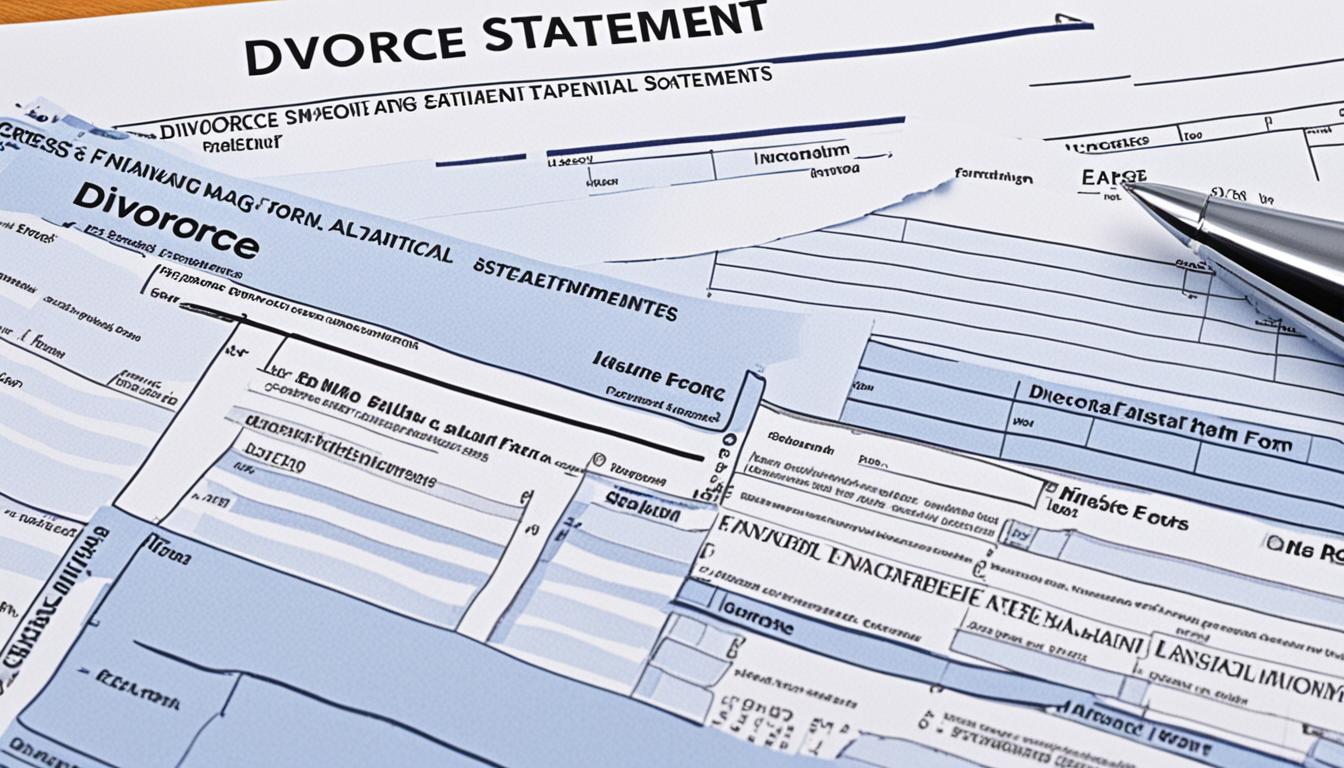After divorce, deciding whether to buy or rent hinges on your emotional and financial needs. Buying offers stability, equity, and a fresh start, but requires upfront costs and long-term commitment. Renting provides flexibility and fewer obligations, which might suit your current situation better. Consider your future plans, emotional readiness, and financial stability before making a move. If you explore further, you’ll discover key factors to help you make a confident housing decision tailored to your new chapter.
Key Takeaways
- Evaluate current emotional and financial stability to determine if buying or renting best supports your long-term goals.
- Consider whether flexibility or stability is more important based on your future plans and lifestyle.
- Assess costs, including upfront expenses, ongoing payments, and maintenance, to choose the most feasible option.
- Seek professional advice from financial and real estate experts to make informed decisions aligned with your situation.
- Recognize emotional factors, such as desire for independence or need for a fresh start, influencing your housing choice.

Divorce often marks a major turning point, forcing you to make important housing decisions that can impact your future stability and well-being. As you navigate this shift, it’s essential to consider whether buying or renting makes the most sense for your current circumstances. Your choice will influence your financial future and emotional health, so it’s necessary to weigh the pros and cons carefully. Financial planning becomes an indispensable part of this process. You need to assess your income, savings, debts, and ongoing expenses to determine what’s sustainable. Buying a home might offer stability and the chance to build equity, but it also involves significant upfront costs, mortgage commitments, and maintenance responsibilities. Renting, on the other hand, provides flexibility, lower initial costs, and fewer long-term commitments, which can be appealing during a time of emotional upheaval.
Divorce prompts major housing choices affecting your stability—carefully weigh financial and emotional factors to find the best fit.
The emotional impact of your housing decision shouldn’t be underestimated. After a divorce, you may experience feelings of loss, uncertainty, or even relief, all of which can cloud your judgment. Moving into a new home, whether bought or rented, can serve as a fresh start, but it can also trigger memories or feelings of instability. It’s normal to feel overwhelmed; giving yourself time to process your emotions will help you make clearer decisions. Sometimes, staying in a familiar rental can ease anxiety while you regain your footing, especially if the thought of managing a new mortgage feels intimidating. Alternatively, buying a home might symbolize a step toward independence and control, fostering confidence in your ability to shape your future.
You also need to think about your long-term plans. Do you see yourself settling down in a particular area, or do you anticipate relocating for work or personal reasons? Your answer impacts whether renting or buying is smarter. If your job situation is uncertain, renting might make more sense, as it offers the flexibility to move without the burden of selling a property. Conversely, if you’re ready to establish roots, investing in a home could be a wise choice, especially if property values are favorable. Additionally, considering essential oils for emotional health can help support your well-being during this transitional period, offering calming effects and stress relief.
Ultimately, your decision hinges on balancing financial realities with emotional readiness. It’s wise to consult with financial advisors or real estate professionals to understand all your options thoroughly. Remember, there’s no one-size-fits-all answer—what matters most is choosing a housing solution that aligns with your current needs and future goals. Taking the time to evaluate both your financial situation and emotional state will help you move forward confidently, creating a stable foundation for this new chapter of your life.
Frequently Asked Questions
How Does Credit Score Affect Housing Options Post-Divorce?
Your credit score directly impacts your housing options after divorce by influencing your creditworthiness factors. A higher score shows lenders you’re reliable, making it easier to secure favorable mortgage rates or rental agreements. To improve your chances, focus on financial planning by paying bills on time and reducing debt. This boosts your creditworthiness, giving you more housing choices and better terms, helping you rebuild stability after divorce.
What Legal Steps Are Needed to Transfer Property Ownership?
You need to complete a property transfer by following legal procedures, which typically involve drafting a new deed, such as a quitclaim or warranty deed, and recording it with your local county office. You might also need to settle any outstanding mortgage or taxes. Consulting a real estate attorney guarantees the transfer complies with state laws, protects your interests, and handles all necessary documentation properly.
How to Determine the Fair Market Value of Shared Assets?
Determining the fair market value of shared assets can feel like trying to solve a Rubik’s Cube blindfolded, but it’s manageable with proper asset appraisal. You should use valuation methods such as comparable sales, income approaches, or replacement cost analysis. Consulting a professional appraiser or financial advisor helps guarantee accuracy, providing a clear picture of your assets’ worth, which is vital for fair division after divorce.
What Are Tax Implications of Selling Versus Renting?
When you sell your property, you might face capital gains taxes on profits exceeding the exemption limit, but you can often claim tax deductions for mortgage interest and property taxes. Renting typically offers fewer tax implications, though you can’t deduct rent payments. Consider how capital gains and potential deductions impact your overall financial plan, and consult a tax professional to maximize benefits and minimize liabilities.
How Can I Secure Affordable Housing Quickly?
To secure affordable housing quickly, start by prioritizing moving in logistics—arrange for transportation and packing. Conduct neighborhood research to find areas with lower rent or housing costs that meet your needs. Use online listings and local resources to identify options fast. Act swiftly by contacting landlords or property managers promptly, and be prepared with necessary documents, so you can seize opportunities as they arise and settle in without delay.
Conclusion
When deciding whether to buy or rent after a divorce, remember that about 30% of divorced individuals face housing instability within five years, highlighting the importance of careful planning. Your choice impacts your financial security and peace of mind. By weighing your options thoughtfully, you can make a decision that sets you up for stability and future growth. Ultimately, understanding these trends helps you choose the path that’s best for your new beginning.










